-
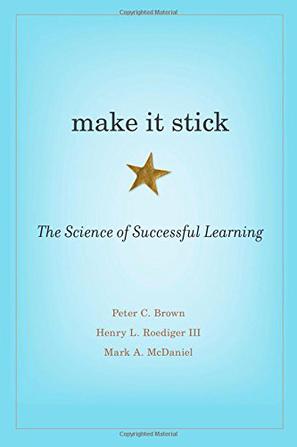
Make it Stick
To most of us, learning something "the hard way" implies wasted time and effort. Good teaching, we believe, should be creatively tailored to the different learning styles of students and should use strategies that make learning easier. Make It Stick turns fashionable ideas like these on their head. Drawing on recent discoveries in cognitive psychology and other disciplines, the authors offer concrete techniques for becoming more productive learners. Memory plays a central role in our ability to carry out complex cognitive tasks, such as applying knowledge to problems never before encountered and drawing inferences from facts already known. New insights into how memory is encoded, consolidated, and later retrieved have led to a better understanding of how we learn. Grappling with the impediments that make learning challenging leads both to more complex mastery and better retention of what was learned. Many common study habits and practice routines turn out to be counterproductive. Underlining and highlighting, rereading, cramming, and single-minded repetition of new skills create the illusion of mastery, but gains fade quickly. More complex and durable learning come from self-testing, introducing certain difficulties in practice, waiting to re-study new material until a little forgetting has set in, and interleaving the practice of one skill or topic with another. Speaking most urgently to students, teachers, trainers, and athletes, Make It Stick will appeal to all those interested in the challenge of lifelong learning and self-improvement. -
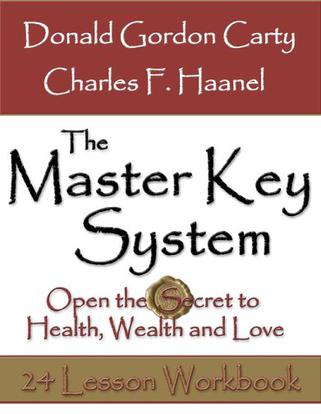
The Master Key System
The original "Master Key System" writings, available only through referrals from one person to another, were a closely guarded secret in Europe for decades. They were considered essentially secret wisdom teachings amongst primarily only the very wealthy. In 1912, Charles F. Haanel published this body of knowledge as a work which he presented as The Master Key System. This material was distributed as a weekly correspondence course in Twenty-Four parts, including a transmittal letter and questions and answers. In addition to the complete 24 part Master Key System you will have sections like; "Reflection" (which will serve as time markers), "Hourly Helps"(which will instruct you on how to handle the things which wear soul, spirit, and body almost to the snapping point), a section entitled "Interpreting the Word" and an explanation of "The 12 Universal Laws". This book contains the secret to all you need and want out of life; Health, Wealth, and Love. -
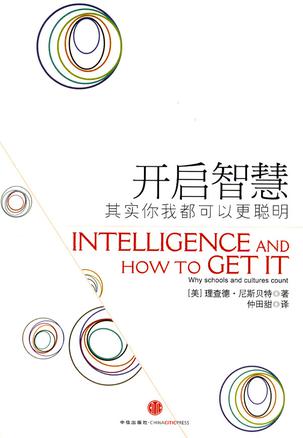
开启智慧
《开启智慧:其实你我都可以更聪明》作者尼斯贝特对“智力遗传论”进行了大胆的驳斥。他提出,智力不是由基因决定的,文化、教育和环境才是决定智力水平高低的最关键的因素。《开启智慧:其实你我都可以更聪明》中列举了大量极为精彩的证据,解释了为什么学校会让我们变得更聪明,社会阶层对智商的不同影响,以及文化因素如何给不同社会群体带来突出的优势。 《开启智慧:其实你我都可以更聪明》充分阐明了,能打开通向未来智力进步大门的不是让人无能为力的遗传基因,而是像学校和社会环境这样可变可控的因素。只要我们努力改变我们的生活环境、工作环境和学习环境,接受良好的教育,就可以提高自己的智力。传统的“智力遗传论”认为,智力是由基因决定的。这意味着从出生之日起,我们的智力就是注定的和无法改善的,一切的努力都将是徒劳!真的是这样吗?现在就开始提高你的智力!其实你比你自己想象得还要聪明! 《开启智慧:其实你我都可以更聪明》读者对象:刻苦求学的你,职场打拼的你,为人父母的你,为人师者的你,为人子女的你,努力创业的你。 -
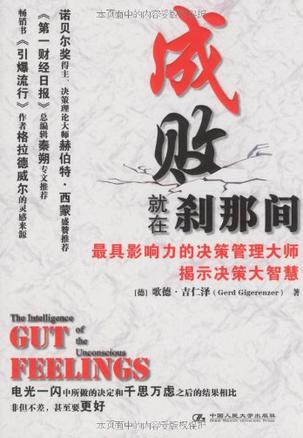
成败就在刹那间
《成败就在刹那间》中,作者以深入浅出的方式,为我们讲述了一个个隐藏在看似平凡无奇的现象下面的那些奇妙心理学原理,让我们开始理解,所谓的直觉,蕴含着怎样的心理机制和生理基础。书中还穿插了许许多多经典的试验和真实案例,不会让人读起来感觉冗长乏味;在作者的生花妙笔和巧妙布局之下,他将一个个心理学原理在决策领域的应用娓娓道来。如果没有《成败就在刹那间》,你恐怕这辈子也不会去思考为什么自己会在超市中把手伸向那些最耳熟能详的商品,也不会想到自己在最终确定终身伴侣的那一刻,大脑究竟做出了怎样精密的计算。《成败就在刹那间》,就像是一把钥匙,打开了我们尘封多年的好奇心,让我们可以摒弃掉成人世界中的理智和逻辑,重新用一双充满疑问的眼睛来看待这个世界,看待那些自己平时早已见怪不怪的行为,也重新开始思索“为什么会是这样”而不再漠然地接受“事实本该如此”。 -
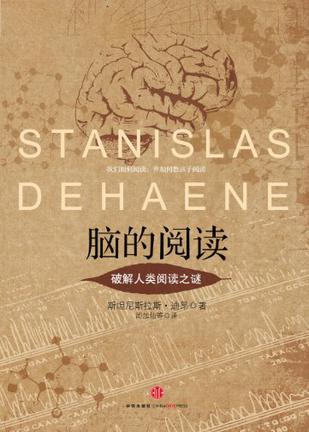
脑的阅读
千百年来,眼睛扫视书页,并唤起脑中的整个阅读过程,这种看似简单实则非常复杂的脑机制一直是一个难解之谜。我们对阅读的行为已经习以为常,而忘记了它是一项非常惊人的成就。白纸上的一个个黑色符号是如何引发一系列的声音以及意义的呢?我们的大脑皮层是上百万年演化的结果,我们原本的生存环境中并不存在书写与阅读,但灵长类的脑又是如何演化出识别单词和符号的能力的呢? 法国科学院院士、著名认知神经科学家斯坦尼斯拉斯?迪昂根据他在人脑阅读方面卓有成效的研究,破解了这个谜团,向我们展示了人脑神奇阅读能力是如何形成的。迪昂在大量实证研究的基础上,全新地看待脑阅读机制与文化的思想深刻地改变了我们对教育和学习的观点,史无前例地引领着我们探索人类的能力。 -
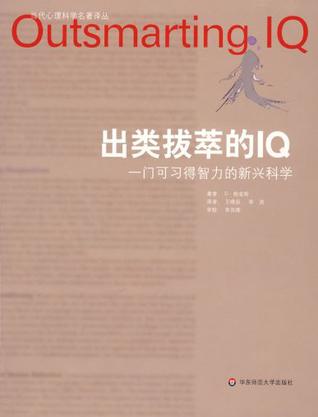
出类拔萃的IQ
《出类拔萃的IQ:一门可习得智力的新兴科学》主要讲述的是帕金斯分别从神经的、经验的和反省的智力这三个方面来阐述其真智力理论。神经智力指的是神经传递的速度和准确性,存在于人的神经系统的功能作用之中;经验智力指一般的和专业的知识与技能,强调领域特殊性知识对智力行为的作用;反省智力指对心理的管理和自我监控,涉及元认知方面的内容,强调完成不同智力任务时采取的策略、有益于思考的积极的态度以及进行自我监控和管理的习惯。智力的这三个方面是相互强化和相互补偿的协作关系。真智力理论强调遗传因素,重视智力中的反省成分以及智力的可传授性。